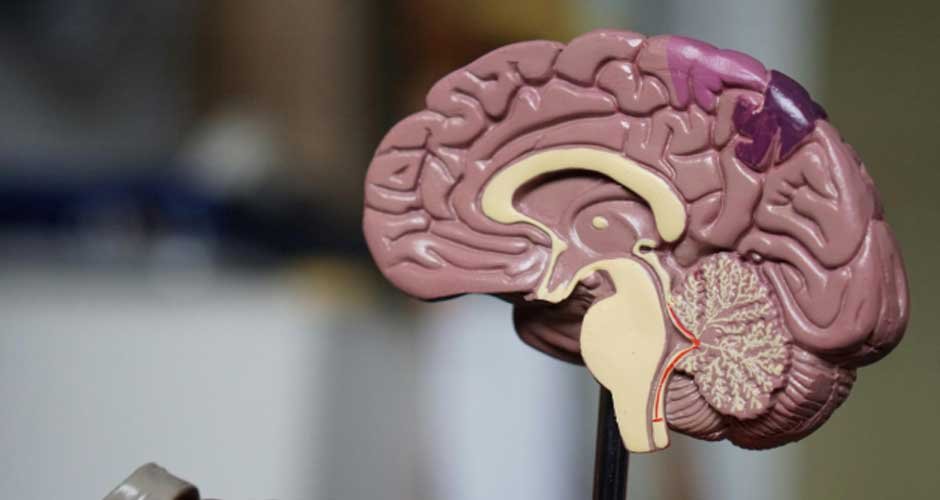The scientific quest to understand and treat Alzheimer’s disease is ongoing, with researchers around the world striving to unravel the mysteries of this condition. While the path to a cure is still being charted, significant strides have been made in recent years. Our grasp of the disease’s pathology, diagnosis, and potential treatments continue to evolve, offering hope for millions affected globally. Below we delve into some of the most promising developments in this field.
Understanding Alzheimer’s Disease: Recent Discoveries in Pathology

Alzheimer’s disease is known for brain changes like amyloid plaques and tau tangles. Recent research has uncovered new genetic factors that affect disease progression, helping explain the varied manifestation of Alzheimer’s in patients. A significant finding is the immune system’s role in Alzheimer’s. Inflammatory processes, previously seen as reactions to brain damage, might actually contribute to the disease’s onset. This suggests that reducing inflammation could slow or prevent Alzheimer’s, guiding new treatment strategies.
Research also shows that neuronal damage can start years before symptoms appear, highlighting the need for early detection. This has led to the development of methods to identify the disease in its earliest stages. Advanced imaging techniques now enable researchers to observe Alzheimer’s-related brain changes in living individuals. These advancements help track disease progression and measure treatment impacts more precisely. For more detailed information, visit alzinfo.org.
Breakthroughs in Alzheimer’s Diagnostic Techniques
Breakthroughs in Alzheimer’s disease diagnosis are driven by advancements in biomarker research, identifying substances in blood, cerebrospinal fluid, and the eye’s retina. These biomarkers enable earlier and more definitive detection. Neuroimaging innovations, such as PET scans, visualize amyloid plaques and tau tangles in the brain, aiding in distinguishing Alzheimer’s from other dementia types. This precision guides tailored treatments based on individual brain functioning.
Efforts focus on developing less invasive and cost-effective diagnostic tools, with promising research in blood tests showing increased sensitivity and specificity to Alzheimer’s biomarkers. Simple blood tests could potentially detect the disease in its early stages. Computational methods, particularly artificial intelligence algorithms, are being employed to recognize patterns in data. These systems hold potential for earlier and personalized disease management strategies by detecting subtle nuances that human clinicians may overlook.
Novel Therapeutic Targets for Alzheimer’s Disease
Research into effective Alzheimer’s therapies is advancing, with new drugs targeting amyloid and tau proteins to halt the brain’s harmful processes. Despite previous setbacks, refined compounds are now in clinical trials, showing promise. Another approach focuses on modulating brain chemistry to support neuron health. Some drugs aim to stabilize synaptic function and protect against neurodegeneration, potentially slowing or halting cognitive decline.
Genetic therapy is also a cutting-edge area of research. By targeting specific genes or modulating their expression, these treatments could address the root causes of Alzheimer’s in genetically predisposed individuals. As the complexity of Alzheimer’s becomes clearer, multi-target approaches are gaining traction. These strategies aim to tackle various disease aspects concurrently, offering a comprehensive way to combat Alzheimer’s multifactorial nature.
Advances in Non-Pharmacological Interventions for Alzheimer’s

Research is increasingly highlighting the value of non-pharmacological interventions for Alzheimer’s. Lifestyle changes, like diet and exercise, are crucial. For example, adherence to the Mediterranean diet is associated with a lower risk of cognitive decline, leading to dietary recommendations as a preventive measure. Cognitive training and activities such as puzzles and learning new skills are being studied for their potential to maintain or enhance cognitive function. Though their full benefits are still being researched, these activities may help the brain resist Alzheimer’s effects.
Social interaction is vital for mental health and Alzheimer’s management. Strong social connections can protect against cognitive decline, prompting initiatives that promote community and support networks for at-risk individuals. Technology is introducing new care and intervention methods. Innovations like virtual reality programs and cognitive-stimulating apps are enhancing traditional care and improving life quality for Alzheimer’s patients.
Future Directions in Alzheimer’s Disease Research and Treatment
Alzheimer’s disease research is advancing rapidly, with growing optimism about precision medicine. By tailoring treatments to an individual’s genetic makeup, lifestyle, and disease stage, scientists hope to improve outcomes and reduce side effects.
Preventive strategies are also showing promise. Researchers understand that Alzheimer’s begins decades before symptoms appear, and by identifying high-risk individuals early, there is potential to delay or prevent the disease’s onset.
Public education and awareness are crucial. Informing people about Alzheimer’s empowers them to seek early medical advice and participate in clinical trials, which are vital for testing new treatments. Increased awareness also enhances support for patients and caregivers, addressing the disease’s societal impacts.
Global collaborations are enhancing the search for a cure. By sharing resources and knowledge, scientists worldwide are accelerating progress in Alzheimer’s research, aiming to unlock the disease’s mysteries and find a cure soon.
Overall, the various advancements in our understanding and treatment of Alzheimer’s disease inspire hope. As we continue to push the boundaries of science, the dedicated efforts of researchers, combined with growing support and awareness, pave the way toward a future where Alzheimer’s disease can be effectively managed or even defeated.






